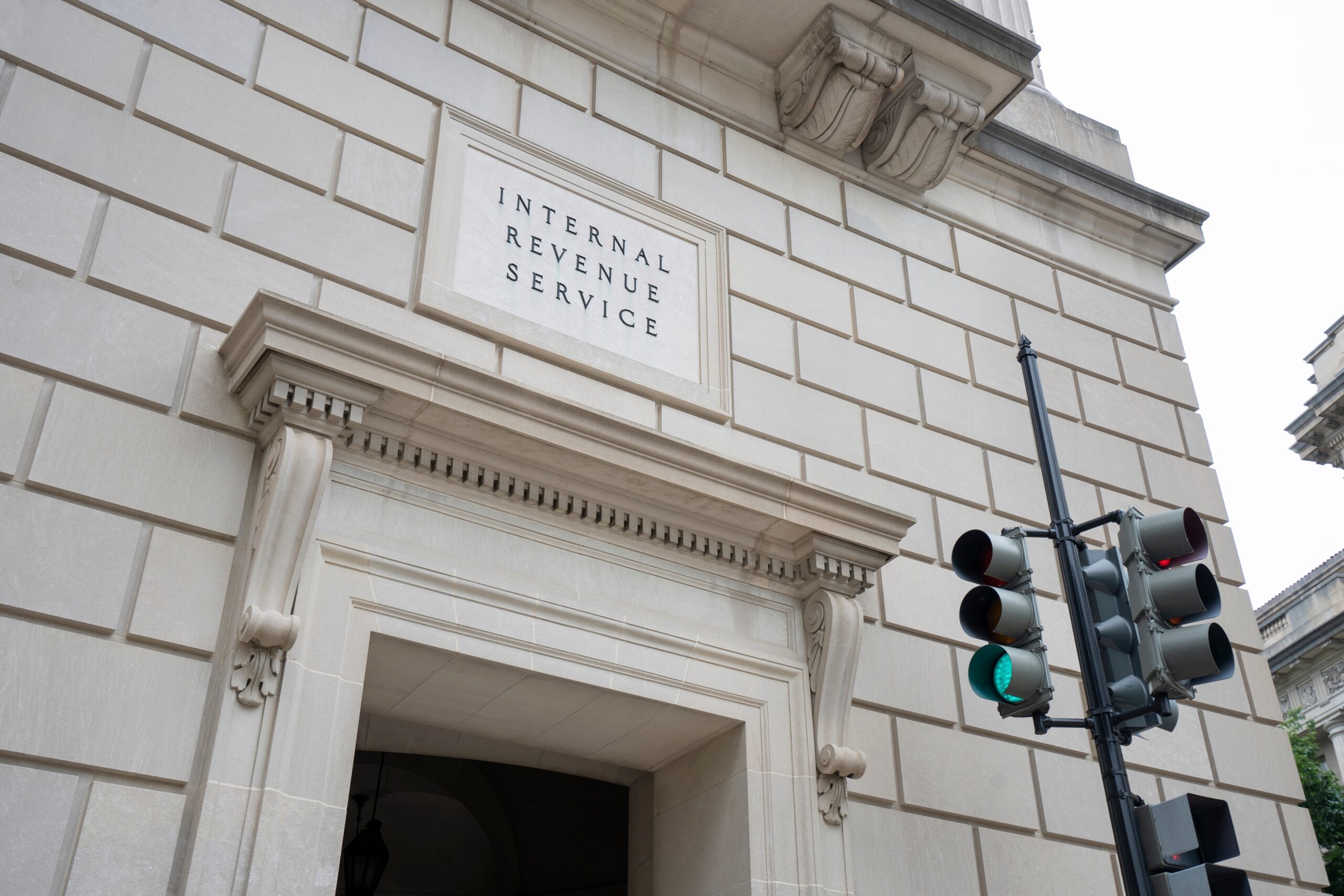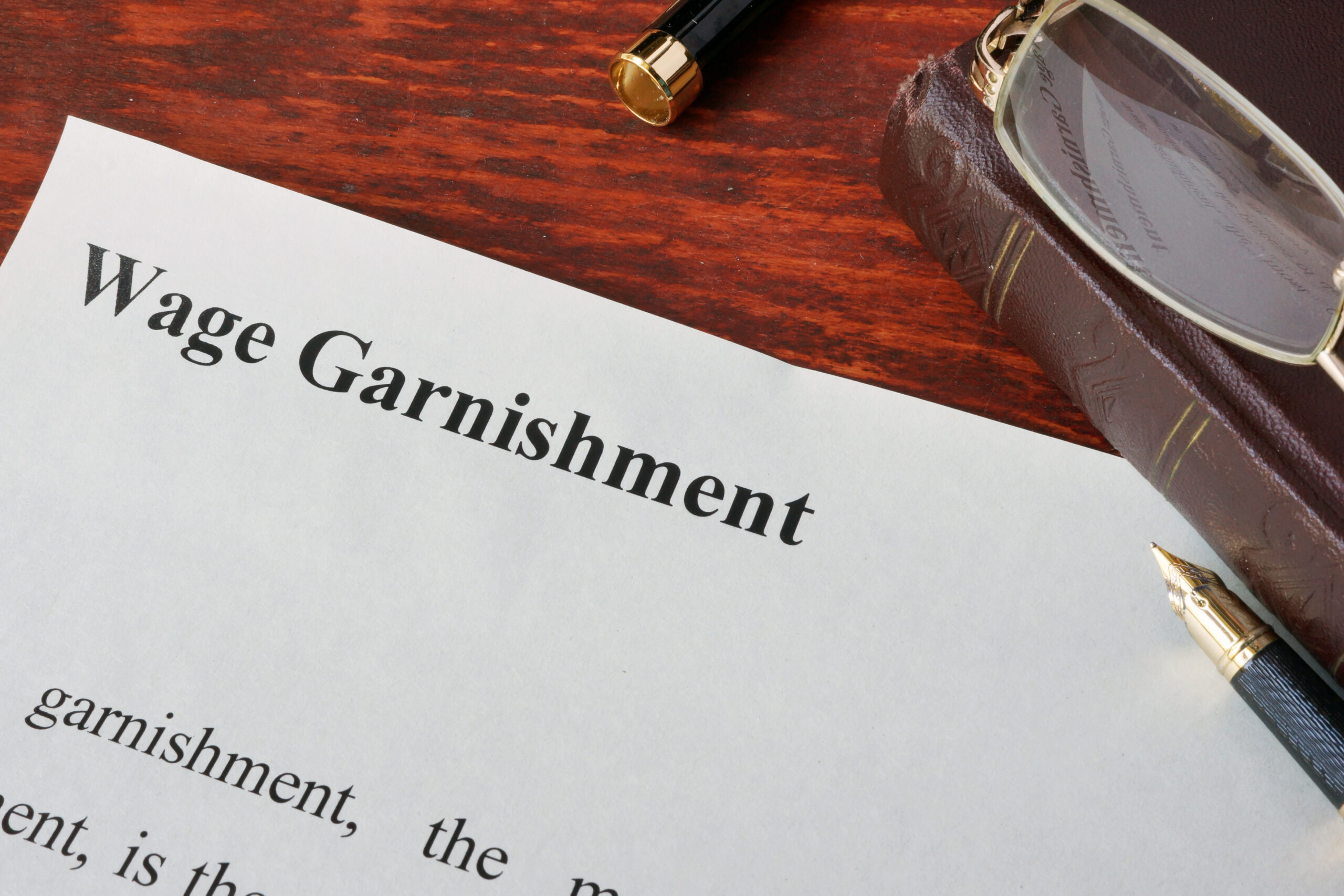Unfiled Tax Returns in Connecticut — How Serious Is It?
If you’ve missed one or more tax filings, you might worry that it’s too late to fix. The truth? You’re not alone — and with the right help, it’s never too late to make things right with the IRS.
What Happens When You Don’t File
If you don’t file, the IRS will eventually file a Substitute for Return (SFR) for you, based only on your reported income. Because it excludes deductions and credits, it usually shows a much higher balance than what you actually owe.
Once that happens, the IRS can issue liens, garnish wages, or seize refunds.
Why You Should File Voluntarily
Filing voluntarily gives you the advantage. It allows you to:
Reclaim deductions and credits you’re entitled to
Qualify for payment or settlement options
Avoid or reduce penalties
How Rappaport Tax Relief Can Help
At Rappaport Tax Relief, we help Connecticut taxpayers file old returns, correct IRS records, and negotiate fair resolutions. You’ll work directly with a trusted professional who knows how to simplify the process and protect your best interests.
If you’re behind on taxes, take the first step toward peace of mind.
How Long the IRS Can Collect Back Taxes — The 10-Year Limit Explained
If you’ve been dealing with tax debt for years, you may be closer to the finish line than you think. By law, the IRS generally has 10 years from the date your taxes are assessed to collect. This time frame is known as the Collection Statute Expiration Date (CSED).
When the 10-Year Clock Starts
The clock starts when the IRS officially records your tax liability — usually after you file your return, or when the IRS files one on your behalf. Once 10 years pass, the debt becomes legally uncollectible.
What Stops or Extends the Time Limit
Some actions temporarily pause the countdown, including:
Filing for bankruptcy
Submitting an Offer in Compromise
Living abroad
Requesting Innocent Spouse Relief
Having an open appeal or hearing
When those situations end, the clock resumes.
Why This Rule Matters
Understanding your CSED helps you and your tax professional decide the best strategy — whether that means negotiating a settlement or allowing the statute to expire.
At Rappaport Tax Relief, we review IRS transcripts, determine your true CSED dates, and help Connecticut taxpayers plan their path to financial freedom.
Connecticut IRS Debt Resolution in October 2025
Seasonal Pressure in Connecticut
When autumn hits New England, the IRS collection calendar hits full stride. October 15 filings are logged, penalties assessed, and balance-due notices dispatched. For many Connecticut residents—especially those with high W-2 income, consulting work, or investment gains—these notices arrive as year-end expenses mount.
Why People Fall Behind
Bonuses and RSUs generate surprise tax liabilities. Others underestimate quarterly payments. Once a CP14 is issued, interest compounds daily. By late October, the balance may already include months of penalties.
How Rappaport Tax Relief Intervenes
We analyze your IRS account transcripts to confirm every posting and penalty calculation. Missing filings are corrected, then we present a hardship-backed financial statement supporting an affordable resolution—Installment Agreement, OIC, or currently-not-collectible status.
Professional Representation Matters
The IRS assigns Connecticut cases to regional offices that expect detailed documentation. Our team’s meticulous approach prevents rejections that prolong stress. You get transparent communication and precise filings, not automated templates.
October Opportunity
Addressing your case now prevents lien filings that could appear on 2026 credit reports. Acting before Thanksgiving keeps you eligible for first-quarter payment plans instead of spring enforcement.
Call today for a free consultation with our experienced team. We’ll review your case, explain your options, and start working toward the best possible outcome.
IRS Wage Garnishment in Connecticut — What You Can Do About It
When the IRS starts taking money directly from your paycheck, it can quickly become overwhelming. The good news? You don’t have to face it alone — and with the right help, you can often stop a garnishment before your next payday.
What Is an IRS Wage Garnishment?
A wage garnishment (or levy) allows the IRS to collect unpaid taxes by requiring your employer to send a portion of your wages directly to them. This usually happens after the IRS has sent multiple warnings, including a Final Notice of Intent to Levy.
Once it begins, it continues until your balance is paid or the IRS approves another arrangement.
How to Stop Wage Garnishment
You have several ways to stop a wage garnishment:
Set Up a Payment Plan. A negotiated installment agreement can pause collection.
Apply for Hardship Status. If you can’t pay without severe financial strain, the IRS can stop enforcement.
Submit an Offer in Compromise. Settle for less than you owe if you qualify.
File an Appeal. Challenge improper or excessive collection action.
How Rappaport Tax Relief Helps
At Rappaport Tax Relief, we work directly with the IRS to stop garnishments, protect your income, and negotiate solutions that fit your financial situation. We’ve helped countless Connecticut taxpayers regain control and peace of mind.


